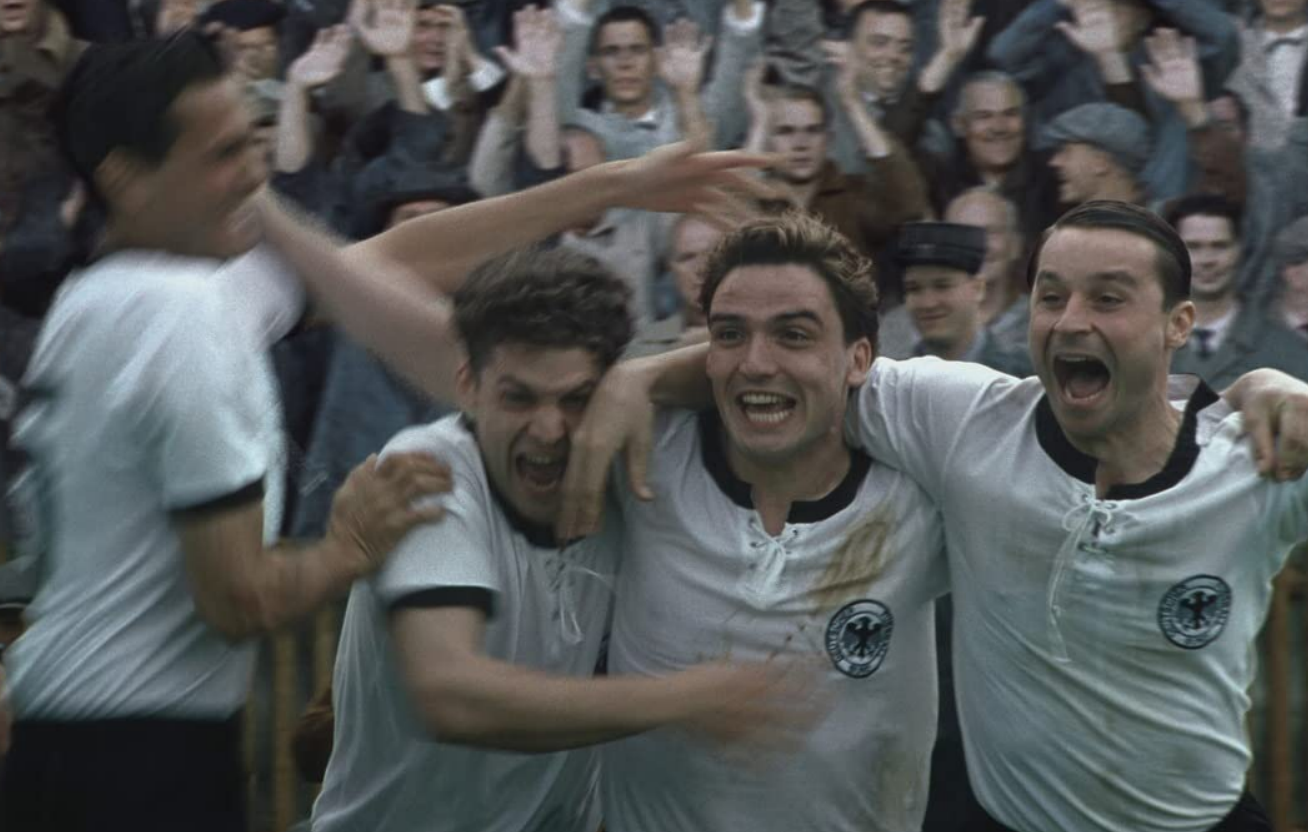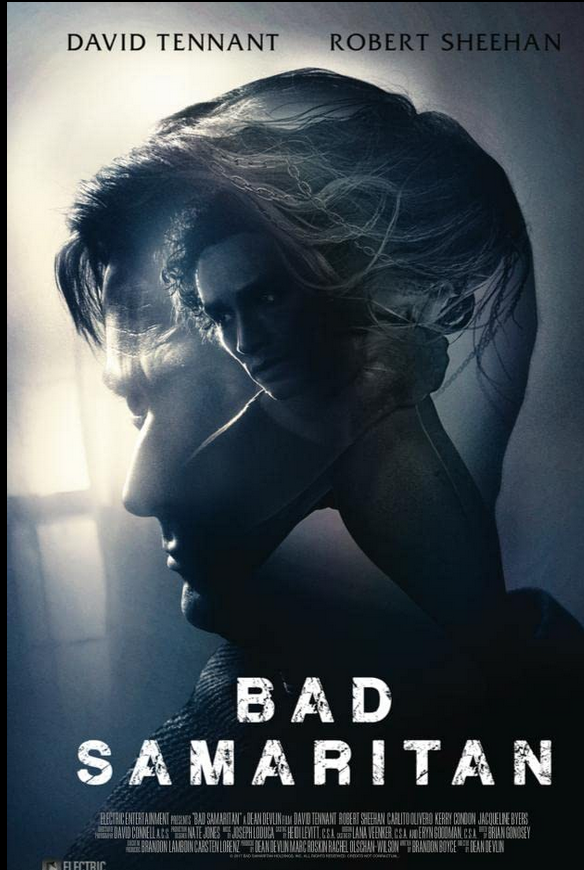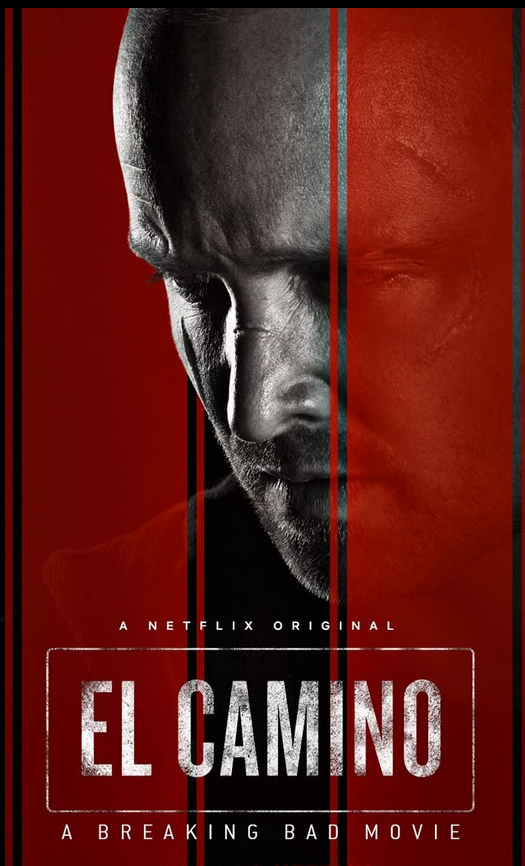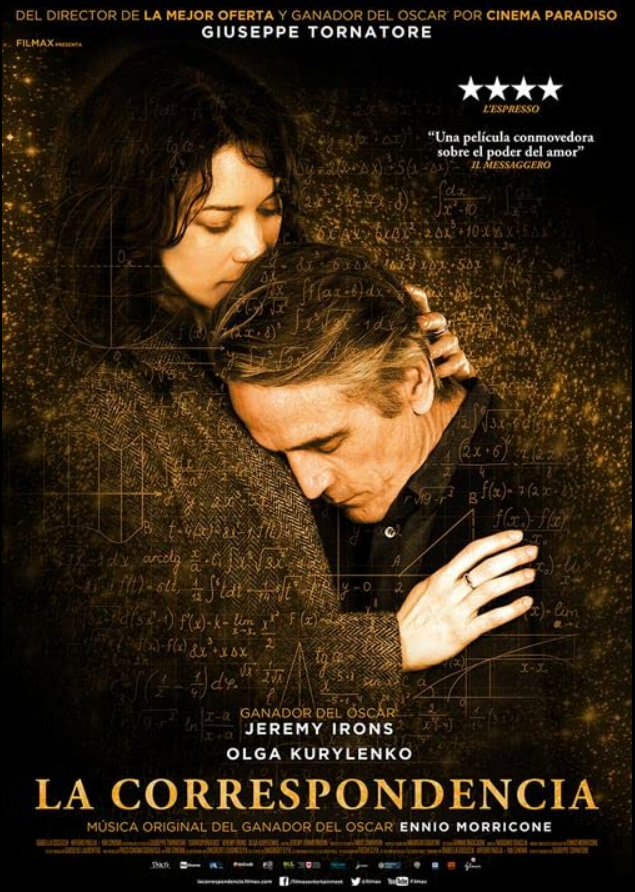[ENG/ESP] The Miracle of Berne is more than a film, it is a phrase linked to German football forever. |REVIEW| / El Milagro de Berna más que una película es una frase ligada al fútbol alemán para siempre. |RESEÑA|

In the midst of soccer euphoria for the upcoming World Cup to be held in Qatar, what better than to share with all the #hivers movie buffs of this beautiful community a film that recalls the old World Cup held in Bern (Switzerland) in 1954, with human and dramatic rather than sporting edges.
Actually, the final of the 1954 World Cup that took place on July 4 at the Wankdorfstadion stadium in the city of Bern, Switzerland is only an excuse in this film, a backdrop to describe a beautiful fable not only soccer but also human within the framework of a world sporting event.

En plena euforia futbolística por el próximo Mundial a celebrarse en Qatar que mejor que compartir con todos los #hivers cinéfilos de esta hermosa comunidad un film que rememora el viejo mundial de fútbol celebrado en Berna (Suiza) en 1954, con aristas humanas y dramáticas más que deportivas.
En realidad la final de la Copa Mundial de Fútbol de 1954 que se disputó el 4 de julio en el estadio Wankdorfstadion de la ciudad de Berna, Suiza es solo una excusa en esta película, un telón de fondo para describir una hermosa fábula no solo futbolística sino también humana en el marco de un evento deportivo de carácter mundial.

Germany was still carrying on its shoulders the tragic consequences of the Second World War that had ended less than a decade before, it was beginning to re-emerge as a European power but at a soccer level it was still below many European teams, for example Italy, England and, at that time, the best European soccer team with players who have made history in this sport: Hungary, with its top star Ferenc Puskás something like Messi or Ronaldo of those years, to such an extent that even today, almost three quarters of a century later, the Puskas award is still given to the player who has scored the most aesthetically beautiful goal of the season.

Alemania todavía cargaba sobre sus espaldas las consecuencias trágicas de la Segunda Guerra Mundial terminada menos de una década atrás, coimenzaba a resurgir como una potencia europea pero a nivel futbolístico todavía estaba por debajo de muchas selecciones europeas, por ejemplo Italia, Inglaterra y, en esos momentos, la mejor selección de fútbol europea con jugadores que han hecho historia en este deporte: Hungría, con su máximo estrella Ferenc Puskás algo así como Messi o Ronaldo de aquellos años, a punto tal que aán hoy, casi tres cuartos de siglo después, se sigue otorgando el premio Puskas al futbolista que haya marcado el gol más estéticamente más bello de la temporada.

Sönke Wortmann's 2003 film reflects the desire for revenge, at a popular level, of a disenchanted Germany that is just coming to terms with a historical past from which it has not yet freed itself, but an indomitable spirit to move forward. And, in this case, the vindication of its ideals as a powerful and powerful country -and not as an emblem of power of a political party- goes through soccer.
It is the story of a family (Lubanski) of Jewish origin as there were thousands at that time in Germany.
A woman with three children and her husband, who went to war in Russia and is released after several years of imprisonment, forces her to redesign her own way of life to support her loved ones, something she does by opening a small bar that, little by little, becomes the necessary, indispensable meeting place of the town. And where the comments, as it could not be otherwise, go through soccer and the next World Cup to be held in Bern.
The story goes through Matthias, one of his sons who meets his idol, the German national team player Helmut Rahn - eventually the sporting hero who scores the winning goal against Hungary - and the relationship with his father, who after 12 years of imprisonment in Russia struggles to adapt to civilian life, creating conflicts in the family increasingly difficult to bear, until reaching the drastic situation of trying to run away from home.
Matthias' only passion is soccer, the German national team, his hopes to win the World Cup (Germany had not won any until then), his passion for soccer and the daily matches played with his friends.
The start of the World Cup generates so many expectations, including emotional ones, that it produces an unexpected effect: it brings about a reconciliation between his parents and an unexpected surprise for the boy: his father promises to take him to Bern to see the final.
However, on the way, they suffer several inconveniences that delay their arrival at the stadium, among them a breakdown in the car that transports them.
However, Matthias manages to enter the stadium a few minutes before the referee's whistle signals the end of the match, just in time to see his idol Helmut Rahn score the winning goal (these data are real and conform to sports statistics) allowing Germany to beat the favored Hungary 3-2 at the end of the match.
His joy is complete when, on the train back home, he meets his idol celebrating the championship with teammates and friends.

La película de Sönke Wortmann del 2003 refleja las ganas de revancha, a nivel popular, de una Alemania desencantada que está terminando de hacer las cuentas con un pasado histórico del cuál, todavía, no ha terminado de liberarse, pero un espíritu indómito para seguir adelante. Y, en este caso, la reivindicación de sus ideales como país potente y poderoso -y no como emblema de poder de un partido político- pasa a través del fútbol.
Es la historia de una familia (Lubanski) de origen judío como había miles en ese momento en Alemania.
Una mujer con tres hijos y su marido marchado a la guerra en Rusia que es liberado después de varios años de prisión, la obliga a rediseñar su propio modo de vivir para mantener a sus seres queridos, algo que hace abriendo un pequeño bar que, de a poco, se transforma en el lugar de reunión necesario, imprencindible del pueblo. Y donde los comentarios, como no podía ser de otra manera, pasan por el fútbol y el próximo mundial a celebrarse en Berna.
La historia pasa a través de Matthias, uno de sus hijos que conoce a su ídolo, el futbolista de la selección alemana Helmut Rahn -a la postre el héroe deportivo que señala el gol del triunfo ante Hungría- y la relación con su padre, que tras 12 años de prisión en Rusia lucha por adaptarse a la vida civil, creando conflictos en el seno familiar cada vez más difícil de soportar, hasta llegar a la drástica situación de intentar huir de casa.
La única pasión de Matthias es el fútbol, la selección alemana, sus esperanzas para ganar el Mundial (hasta ese momento Alemania no había ganado ninguno), su pasión por el fútbol y los partidos diarios jugados con sus amigos.
El inicio del Mundial genera tantas expectativas incluso anímicas que produce un efecto inesperado: logra la reconcilación entre sus padres y una sorpesa inesperada para el niño: su padre le promete llevarlo hasta Berna para ver la final.
Sin embargo en el trayecto sufren varios inconvenientes que retrasan su llegada al estadio, entre ellos una avería en el auto que los transporta.
Sin embargo Matthias logra entrar en el estadio unos minutos antes del silbato del árbitro marcando el final del partido, justo a tiempo para ver el gol de la victoria de su ídolo Helmut Rahn (estos datos soon reales y se ajustan a las estadísticas deportivas) permitiendo a Alemania de vencer al favorito Hungría por 3 a 2 sobre el final del encuentro.
Su alegría es completa cuando, en el tren de regreso, conoce a su ídolo que festeja el campeonato junto a compañeros y amigos.

What struck me most about the film is that it has the look of a neorealist fresco -if I were to make an artistic comparison-, which on the other hand is not superfluous since cinema is considered the seventh art, which revolves around a very simple plot like a normal family, with a depressed father who has not been able to shake off more than a decade in Siberian military prisons, who, on the other hand, is not interested in soccer at all and who must rebuild the relationship with his son, who has as his idol and "adoptive father" the biggest soccer star of the German national team.
All in a family of Jewish origin to increase the suspicions in a society that has not yet completely forgotten its historical past.
Absolutely recommended, for all ages.

Lo que más me llamó la atención de la película es que tiene el aspecto de un fresco neorrealista -si auisiera hacer una comparación artística-, que por otro lado no está de más ya que se considera al cine como el séptimo arte, que gira todo alrededor de una trama muy sencilla como una familia normal, con un padre deprimido que no logra sacarse de encima más de una década en las prisiones militares siberianas, al que por otro lado, no le interesa aboslutamente nada del fútbol y que debe reconstruir la relación con su hijo que tiene como ídolo y "padre adoptivo" a la mayor estrella futbolística de la selección alemana.
Todo en una familia de origen judío para aumentar las suspicacias en una sociedad que no todavía no ha olvidado del todo si pasado histórico.
Absolutamente recomendada, para todas las edades.



 |  |  |  |
|---|










Comments